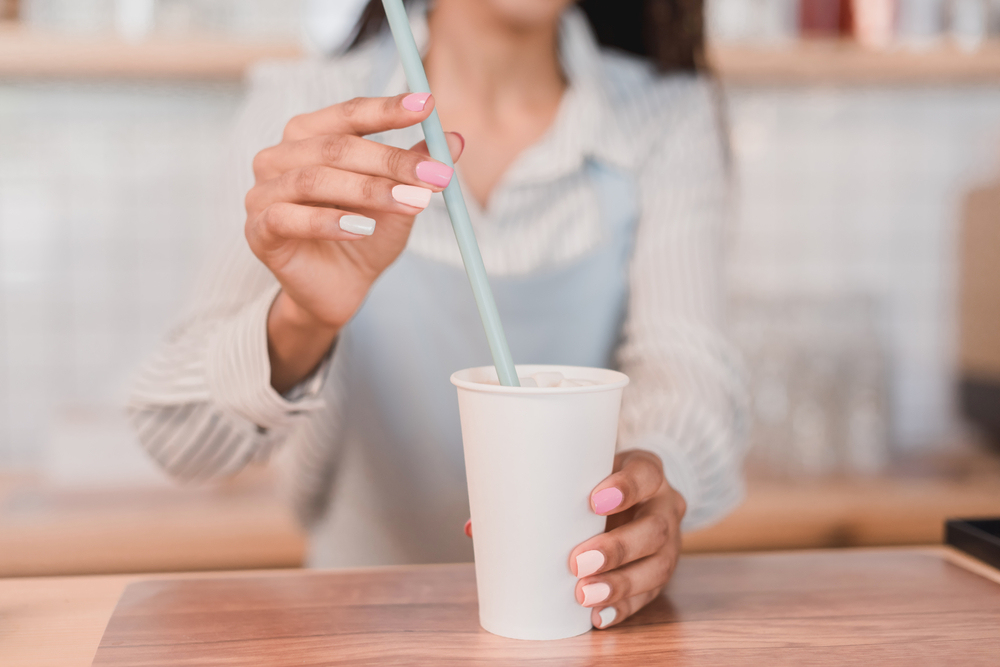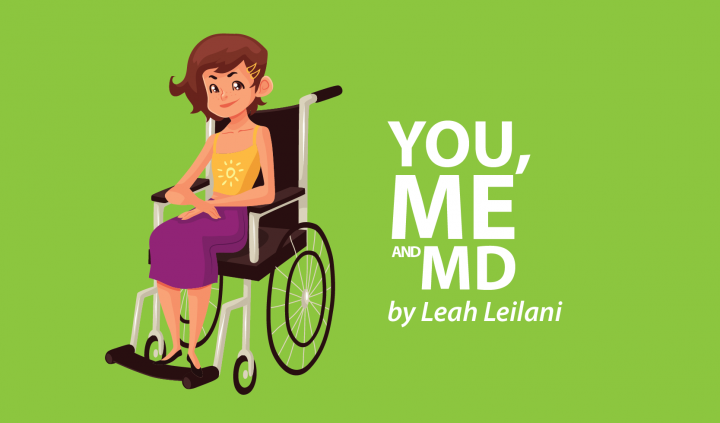Seeing Both Sides of the Plastic Straw Controversy
by |

A few years ago, if you had asked me what it means to be eco-friendly, I would have given you the average answer: “Turning off your lights when you’re not using them and conserving water when possible. Being eco-friendly also includes recycling things made of plastic, glass, and aluminum.”
Fast-forward a couple of years later, and I now know that almost everything we do every day affects our environment. The things we order in the mail are usually wrapped in plastic. The lettuce from the salad I ate last night was genetically modified. It took hundreds of gallons of water to grow the cotton to make the T-shirt I’m wearing. These days, it is virtually impossible to live without impacting our planet. I’ve come to realize that an eco-friendly life is even harder to achieve when I’m disabled.
Join our MD forums: an online community especially for patients with Muscular Atrophy.
***
Note: Muscular Dystrophy News is strictly a news and information website about the disease. It does not provide medical advice, diagnosis or treatment. This content is not intended to be a substitute for professional medical advice, diagnosis, or treatment. Always seek the advice of your physician or another qualified health provider with any questions you may have regarding a medical condition. Never disregard professional medical advice or delay in seeking it because of something you have read on this website. The opinions expressed in this column are not those of Muscular Dystrophy News or its parent company, BioNews Services, and are intended to spark discussion about issues pertaining to muscular dystrophy.









Comments